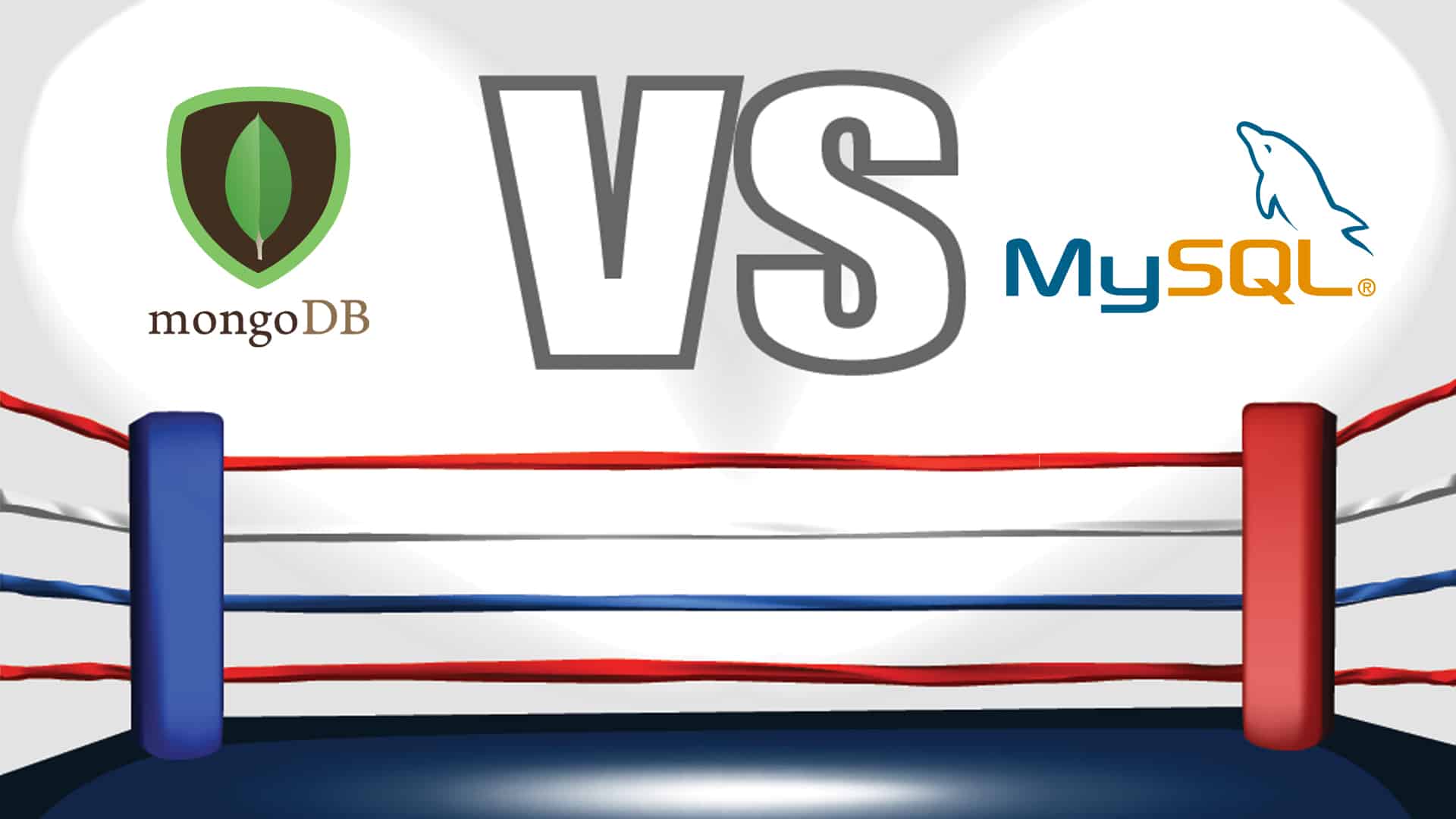MongoDB vs MySQL Performance Comparison 2018

Which Database Should You Choose?
Databases are leaders of serving excellently to many enterprise applications. Out of the many relational databases present, it can be said without a doubt that MongoDB vs MySQL are the best databases available. The problem, however, is that you have to choose between MySQL, a relational database, and MongoDB, a non-relational database; both of these databases are unique and useful in their way.
In this tutorial we will teach you about both the databases with a comparison and, after, you can choose the one that best fits your requirement. We still start by introducing both the databases after which we are going to draw a comparison between them.
What is MongoDB?
MongoDB was developed by 10gen and has proved itself to be one of the most popular open-source document-oriented databases ever developed. It is written in C++, C, and JavaScript and has dynamic schemas.
Documents in MongoDB are produced and stored either in BSON files or Binary JSON, this enables the database to support all of the JS data types. This database is often used to carry out Node.js projects. The best feature of this is that using JSON allows transferral of data between web apps and servers which can read by a human.
The top benefits of MongoDB include:
- It is efficient and reliable when the storage capacity and speed are considered as criteria
- It uses dynamic schemas which remove the need to pre-define the structures.
- It allows representation, hierarchical relationships, and array storage to change the record structure easily by either adding or deleting the fields.
- Better scalability and high availability are obtained, as it comes with features like embedding and onboard replication.
What is MySQL?
This open-source RDBMS (Relational Database Management system) was developed by MySQL AB and is currently under Oracle Corporation.
MySQL is compatible with almost all operating systems including Linux, Windows, Apple, and Unix. The database is written using C++, C, and has a strict schema. Apart from that it also supports different storage engines.
The top benefits of MySQL include:
- It uses Structured Query Language (SQL) to access data.
- It stores data in tables in the database.
- Simple commands like ‘UPDATE’, ‘DELETE’, ‘INSERT’, and ‘SELECT’ can be used to manage data.
- According to the requirement, the related information in the databases can be stored in different tables and later, a JOIN operation can be used to correlate the data.
- It removes the chances of data duplication.
MongoDB vs MySQL: A Comparison
It can be difficult to carry out a comparison between MongoDB and MySQL as both of these databases are very useful. However, people often get confused as one of them is a mature relational database while the other one is a young non-relational system.
There are many key factors by which you can decide the best database for you.
Representation of Data
MySQL represents data in the form of a table in terms of relation. It is best to represent the structured data.
MongoDB stores semi-structured data in the JSON document format. The JSON documents are then stored and managed by using document data stores.Schema
As mentioned earlier, MySQL uses a strict schema for the models of its data. Having a strict schema means that all of the tables are to be created with columns which are properly defined.
It is only after this that the data can be stored and be used for queries. A strict schema complicates things in MySQL as a need of modification always results in a change of schema first.
MongoDB has a dynamic schema which does not pose any restriction on the documents being stored in it; instead it only restricts the supported data types. The development process becomes very fast in MongoDB as it uses JSON documents.Transaction Vs Atomic Updates
If you are planning to work on a mission-critical application, then MySQL is the database for you as it is fully transaction relation data store. However, you should note that transactions in MySQL are not free as it limits the horizontal scalability of the data stores.
MongoDB supports atomic updates on a single document level. Whenever a single update operation is used to modify multiple documents, the atomic updates occur at each modification of the materials. However, when the process is considered wholly, you will realize that the operation is not atomic at the whole. It is not that you cannot use transaction in the database, however, complex implementations will be needed to fulfill the aim.Speed
Developers have noted that MySQL lacks speed and faces difficulties when it needs to handle a large volume of data. For this reason, it should be used by the companies that own smaller databases and are seeking a generation solution. On the other hand, MongoDB manages a significant amount of database at a great speed.
Project Requirement
If you need to do a simple project, you should go for MySQL. On the other hand, if your project is a complicated one and uses an extensive database then you should choose MongoDB.
Now that we have compared both the databases on the basis of many different parameters, it is time to talk about the pros and cons of the individual database.
Pros and cons of MySQL
The advantages of MySQL are that it supports JOIN and transactions. It provides sophisticated solutions and has a password security system. The cons of this database include robust scaling. Also, it has stability concerns and is not a community-driven development.
Pros and cons of MongoDB
The advantages of this database include document validation and integrated storage engines. Also, the time taken to reach a recovery after a primary failure is short. The cons of MongoDB are that it cannot be used to replace legacy solutions and also it is a young solution for managing the database. It cannot be used for apps that need a complex transaction.